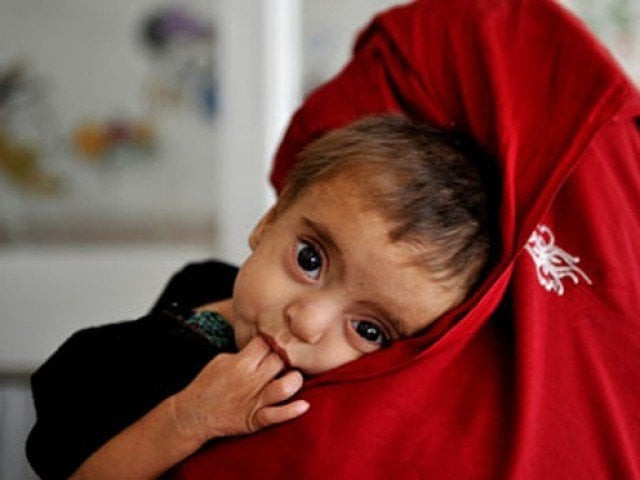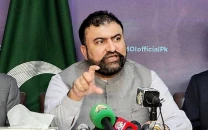K-P caretakers to overhaul Sehat Card scheme
Aligned with BISP, scheme to extend free health service to the underprivileged

The Advisor to Khyber-Pakhtunkhwa (K-P) Caretaker Chief Minister on Health, Population Welfare, and Labor, Dr. Riaz Anwar, has announced a significant overhaul of the Sehat Card Plus scheme.
This transformation is aimed at extending free healthcare services to the underprivileged and middle-class segments of society, reaffirming the government’s commitment to equitable healthcare access.
Dr. Anwar stressed that the Health Card Project, a cornerstone of healthcare initiatives, is not being discontinued. Instead, it is undergoing a comprehensive revamp to better serve economically disadvantaged populations. This strategic initiative, focused on ensuring healthcare access for all, has undergone substantial changes to enhance its long-term viability and impact.
After six months of diligent deliberation, the Health Department has developed a proposal to ensure the sustainable future of the Sehat Card. This proposal received unanimous approval during the 10th meeting of the cabinet.
Dr Anwar made this announcement during a media briefing held at the Itla’a Cell, Civil Secretariat Peshawar. He was joined by Health Secretary Mahmood Aslam, Chief Executive of the Health Card, Riyaz Tanuli, and Director of Health Card, Ijaz Khan.
Highlighting the need for reform, Dr. Riaz Anwar revealed that the cost of the Health Card Project had steadily increased over the years, with annual expenditures surpassing Rs42 billion in the previous fiscal year. This financial burden, coupled with economic challenges, necessitated crucial modifications to enhance accessibility for the impoverished while ensuring the project’s sustainability.
In alignment with Chief Minister Muhammad Azam Khan’s directives, the Health Department dedicated six months to formulate recommendations for reform, with the primary goal of ensuring uninterrupted access to healthcare for the province’s economically disadvantaged population.
Under the reformed structure, Health Card facilities will be closely integrated with the Benazir Income Support Program and the NADRA system. This means that free healthcare services will continue to be available for the poor and the middle class, while those with greater means will contribute proportionately to the costs.
Healthcare coverage under this new system will be determined by the Benazir Income Support Program’s five categories. Categories 1, 2, and 3 will enjoy completely free health facilities, while categories 4 and 5 will receive services at a subsidized rate. Emergency services will remain free for all, ensuring immediate access to critical care.
The core objective of these reforms is to enhance transparency and ensure uninterrupted healthcare services for the economically disadvantaged, while safeguarding the sustainability of the Health Card Project.
The advisor further emphasized that these reforms would enable continued free healthcare services in public sector hospitals, while enhancing transparency in the private sector healthcare system.
Additionally, certain specialized services, including C-section, tonsillectomy, gallbladder surgery, appendix surgery, angiography, cataract surgery, and septoplasty, will be exclusively available in public sector hospitals.
Addressing the financial impact, Health Secretary Mehmood Aslam Wazir estimated annual savings of approximately Rs11.5 billion resulting from these reforms.
Published in The Express Tribune, September 8th, 2023.



















COMMENTS
Comments are moderated and generally will be posted if they are on-topic and not abusive.
For more information, please see our Comments FAQ